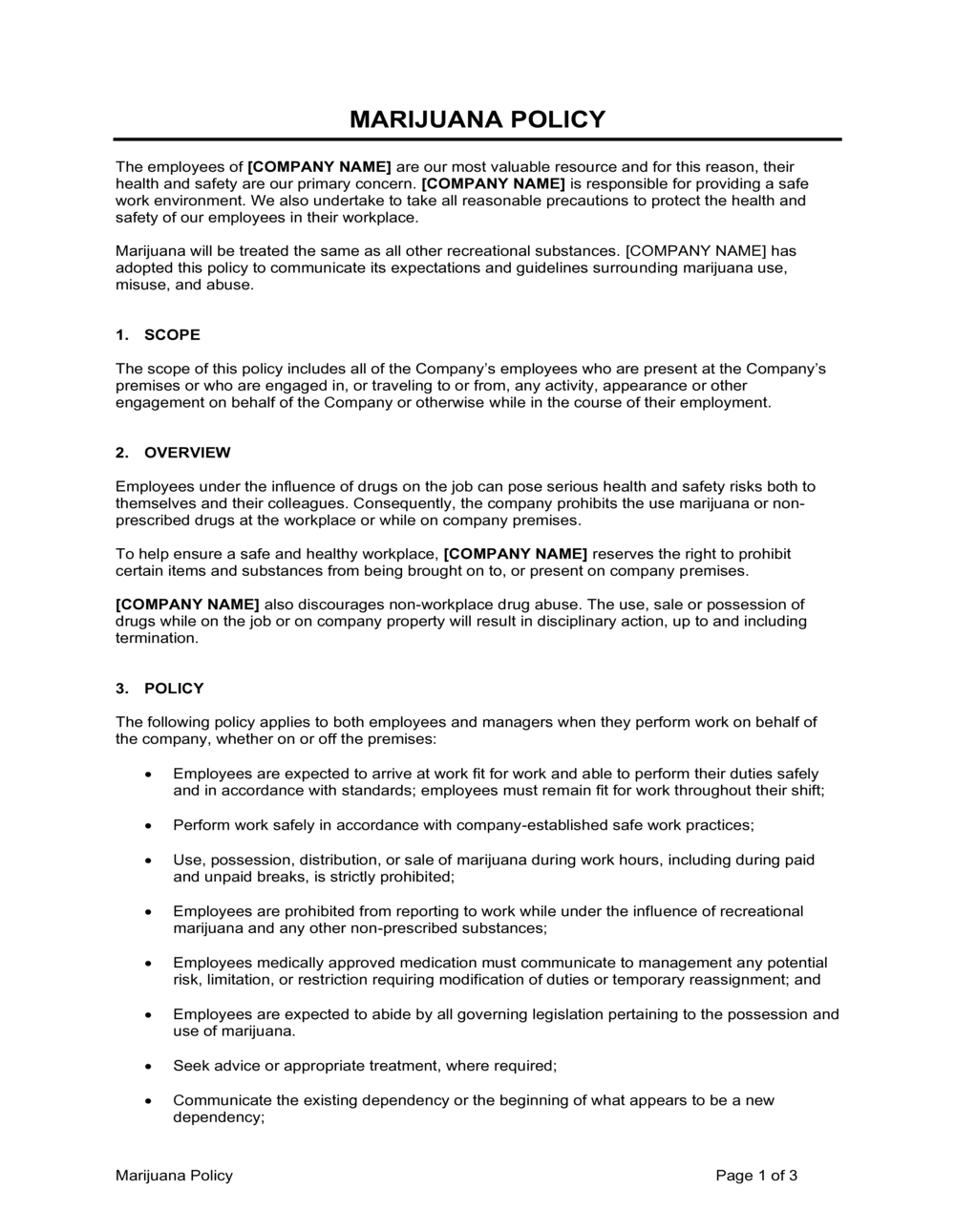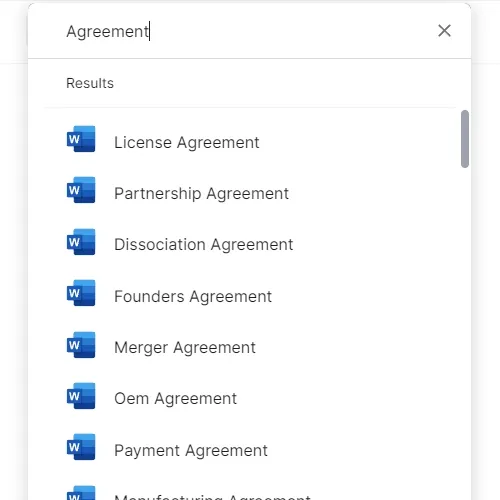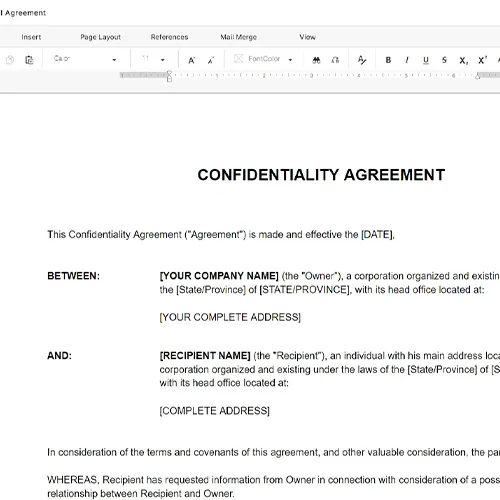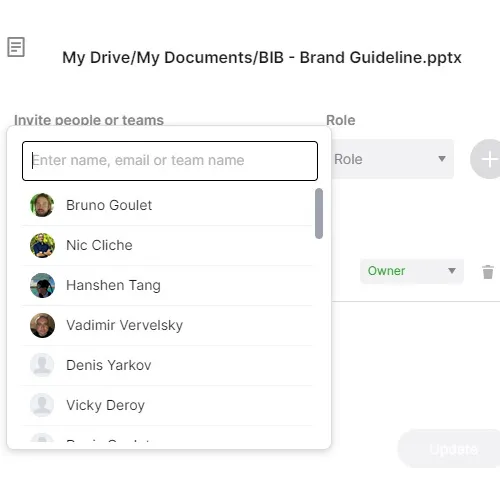Marijuana Policy Template

Implementing a Marijuana Policy
As societal attitudes and legal frameworks around marijuana use continue to evolve, businesses find themselves navigating new terrain. Implementing a Marijuana Policy is essential for maintaining a safe, compliant, and productive workplace. This policy helps business owners delineate clear guidelines regarding marijuana use, ensuring operations adhere to legal standards while respecting individual rights. By establishing boundaries and expectations, companies can protect their interests and foster an environment of mutual respect and safety.
What is a Marijuana Policy Template?
A Marijuana Policy template is a structured document that provides a framework for businesses to define their stance on marijuana use among employees, both within and outside the workplace. This template covers various aspects, such as compliance with state laws, drug testing protocols, accommodations for medical marijuana use, and disciplinary actions for policy violations. Customizing this template to align with your business operations and local legislation ensures that your Marijuana Policy is relevant, effective, and enforceable.
Key Elements of a Marijuana Policy
A comprehensive Marijuana Policy should include:- Legal Compliance - An overview of relevant local, state, and federal laws regarding marijuana use and how the policy aligns with these laws.
- Scope of Policy - Clarification on where and when the policy applies, including workplace premises, company events, and off-duty conduct that may affect the workplace.
- Use and Impairment - Guidelines on marijuana use and the company's stance on impairment in the workplace.
- Drug Testing - Procedures for drug testing, including the circumstances under which testing may occur, the methods used, and the handling of test results.
- Accommodation - Policies regarding accommodation for medical marijuana use, in compliance with disability laws.
- Disciplinary Actions - Description of consequences for policy violations, tailored to reflect the severity and nature of the infraction.
- Education and Resources - Provision of educational resources on marijuana use and its impacts, along with support for employees seeking assistance with drug-related issues.
Related Documents for Crafting a Marijuana Policy
To strengthen your Marijuana Policy, consider integrating these related documents:
- Employee Handbook - Incorporate the Marijuana Policy into the broader employee handbook for easy access and reference.
- Drug and Alcohol Policy - A formal guideline adopted by an organization to regulate the use, possession, and impairment of drugs and alcohol within the workplace, aiming to ensure a safe, healthy, and productive work environment.
- Health and Safety Policy - Details on ensuring workplace safety, which can be linked to substance use policies.
- Drug Testing Consent Agreement - A document in which an employee voluntarily agrees to submit to drug testing as part of an employer's policy or employment condition.
Why Use Business in a Box to Create a Marijuana Policy?
Business in a Box offers the perfect toolkit for drafting a Marijuana Policy, with benefits including:
- Professionally Designed Templates - Ensuring your policy is legally sound, comprehensive, and tailored to current laws and best practices.
- Customizability - Easily adapt the template to fit the specifics of your workplace and the legal landscape of your jurisdiction.
- Time Efficiency - Streamline the policy creation process, focusing your efforts on implementation and compliance.
- Comprehensive Resource - Access to over 3,000 business and legal documents, supporting all facets of your business operations.
Utilizing Business in a Box for your Marijuana Policy equips you with a clear, effective framework to manage marijuana use within your workforce. This strategic approach helps maintain a productive, safe, and legally compliant workplace, allowing your business to thrive in today's evolving legal environment.
Updated in April 2024
Reviewed on

Implementing a Marijuana Policy
As societal attitudes and legal frameworks around marijuana use continue to evolve, businesses find themselves navigating new terrain. Implementing a Marijuana Policy is essential for maintaining a safe, compliant, and productive workplace. This policy helps business owners delineate clear guidelines regarding marijuana use, ensuring operations adhere to legal standards while respecting individual rights. By establishing boundaries and expectations, companies can protect their interests and foster an environment of mutual respect and safety.
What is a Marijuana Policy Template?
A Marijuana Policy template is a structured document that provides a framework for businesses to define their stance on marijuana use among employees, both within and outside the workplace. This template covers various aspects, such as compliance with state laws, drug testing protocols, accommodations for medical marijuana use, and disciplinary actions for policy violations. Customizing this template to align with your business operations and local legislation ensures that your Marijuana Policy is relevant, effective, and enforceable.
Key Elements of a Marijuana Policy
A comprehensive Marijuana Policy should include:- Legal Compliance - An overview of relevant local, state, and federal laws regarding marijuana use and how the policy aligns with these laws.
- Scope of Policy - Clarification on where and when the policy applies, including workplace premises, company events, and off-duty conduct that may affect the workplace.
- Use and Impairment - Guidelines on marijuana use and the company's stance on impairment in the workplace.
- Drug Testing - Procedures for drug testing, including the circumstances under which testing may occur, the methods used, and the handling of test results.
- Accommodation - Policies regarding accommodation for medical marijuana use, in compliance with disability laws.
- Disciplinary Actions - Description of consequences for policy violations, tailored to reflect the severity and nature of the infraction.
- Education and Resources - Provision of educational resources on marijuana use and its impacts, along with support for employees seeking assistance with drug-related issues.
Related Documents for Crafting a Marijuana Policy
To strengthen your Marijuana Policy, consider integrating these related documents:
- Employee Handbook - Incorporate the Marijuana Policy into the broader employee handbook for easy access and reference.
- Drug and Alcohol Policy - A formal guideline adopted by an organization to regulate the use, possession, and impairment of drugs and alcohol within the workplace, aiming to ensure a safe, healthy, and productive work environment.
- Health and Safety Policy - Details on ensuring workplace safety, which can be linked to substance use policies.
- Drug Testing Consent Agreement - A document in which an employee voluntarily agrees to submit to drug testing as part of an employer's policy or employment condition.
Why Use Business in a Box to Create a Marijuana Policy?
Business in a Box offers the perfect toolkit for drafting a Marijuana Policy, with benefits including:
- Professionally Designed Templates - Ensuring your policy is legally sound, comprehensive, and tailored to current laws and best practices.
- Customizability - Easily adapt the template to fit the specifics of your workplace and the legal landscape of your jurisdiction.
- Time Efficiency - Streamline the policy creation process, focusing your efforts on implementation and compliance.
- Comprehensive Resource - Access to over 3,000 business and legal documents, supporting all facets of your business operations.
Utilizing Business in a Box for your Marijuana Policy equips you with a clear, effective framework to manage marijuana use within your workforce. This strategic approach helps maintain a productive, safe, and legally compliant workplace, allowing your business to thrive in today's evolving legal environment.
Updated in April 2024
Easily Create Any Business Document You Need in Minutes.

Download or open template
Access over 3,000+ business and legal templates for any business task, project or initiative.

Edit and fill in the blanks
Customize your ready-made business document template and save it in the cloud.

Save, Share, Export, or Sign
Share your files and folders with your team. Create a space of seamless collaboration.


